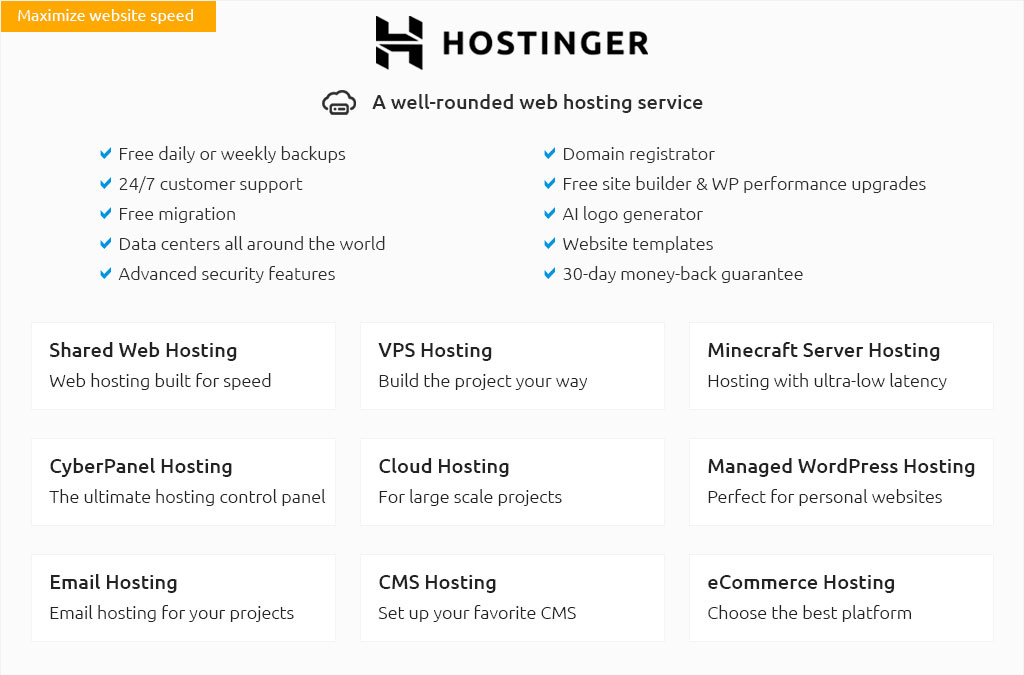 |
|||
 |
 |
 |
|
 |
|
 |
 |
 |
|||
 |
|||
 |
|||
 |
|||
 |
|||
 |
|||
 |
 |
Understanding Server Web Hosting: A Comprehensive OverviewIn the contemporary digital age, where every click and keystroke matters, the backbone of our online experiences is quietly powered by something called server web hosting. Although often overlooked, the significance of choosing the right hosting solution cannot be overstated, particularly for businesses striving for a seamless online presence. This article endeavors to unravel the intricacies of server web hosting, casting light on its pivotal role in the digital ecosystem. At its core, server web hosting refers to the service that allows individuals and organizations to make their websites accessible via the World Wide Web. A web host, or hosting service provider, is essentially a business that provides the technologies and services needed for a website or webpage to be viewed on the Internet. Websites are hosted, or stored, on special computers called servers. When Internet users want to view your website, all they need to do is type your website address or domain into their browser. Their computer will then connect to your server, and your webpages will be delivered to them through the browser. There are various types of web hosting services available to cater to different needs, and choosing the right one is critical.
The choice of server web hosting hinges on several factors, including the nature of your website, the anticipated traffic, and specific needs like security and customer support. While shared hosting is economical, it might not suffice for high-traffic sites that require dedicated resources. Conversely, cloud hosting offers scalability, which is beneficial for businesses expecting growth. In conclusion, while server web hosting might seem like a mere technicality, it is, in fact, the bedrock upon which a successful online presence is built. It directly influences site performance, security, and user experience, elements that are essential for engaging and retaining visitors. As digital landscapes continue to evolve, the importance of making informed decisions about web hosting becomes even more paramount, especially for businesses aiming to carve out a niche in the vast online marketplace. Whether you are a burgeoning entrepreneur or an established entity, understanding the nuances of server web hosting will undoubtedly empower you to make decisions that align with your digital aspirations. https://www.liquidweb.com/hosting/
Dedicated server hosting. Best web hosting services for high-traffic websites and resource-intensive applications. Enjoy exclusive access to an entire physical ... https://www.reddit.com/r/webhosting/comments/tpo5rq/how_do_i_start_my_own_web_hosting_server/
Comments Section - Create DNS Records. 1a. A Record if your IP is Static. 1b. CNAME record if using a Dynamic DNS client. - Install Web Server ... https://www.a2hosting.com/litespeed-hosting/
Our Turbo package features pre-installed and pre-configured LiteSpeed so you get the best performance. LiteSpeed is 11X FASTER than Apache and 6X FASTER than ...
|